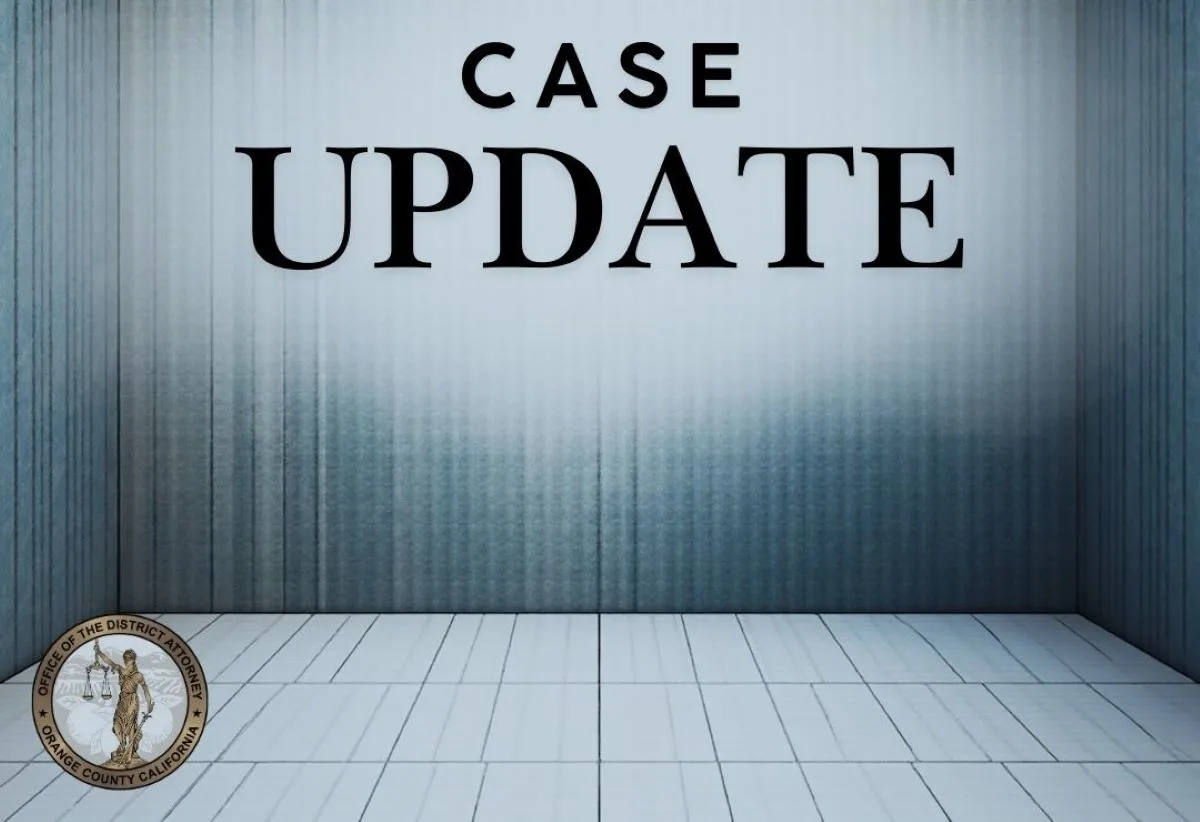An Orange County jury found defendant Christian Hernandez, a 34-year-old La Mirada resident, guilty on multiple charges, this Thursday, according to the OCDA.
The felony charges included attempted murder with premeditation and deliberation, and personal discharge of a firearm causing great bodily injury for shooting into a cluster of bouncers.
The incident happened after Hernandez was kicked out of JP23 Urban Kitchen and Bar, a downtown Fullerton bar located at 101 S. Harbor Blvd., back in 2021. A 24-year-old food delivery driver was wounded in the drive-by shooting by Hernandez. He had been trying to shoot at a bouncer who had kicked him out of the bar.
Jurors deadlocked 7 to 5 for acquittal on a separate charge of attempted murder of the Uber driver.
Hernandez is set to be sentenced Dec. 17.
Hernandez listed his occupation as a bail agent, according to jail records.
Christian Hernandez is likely facing a sentence of life in prison with the possibility of parole, based on the charges and enhancements.
Here’s a breakdown of the sentencing guidelines under California law:
- Attempted first-degree murder (Penal Code 664/187(a)):
- Carries a sentence of life in state prison with the possibility of parole.
- This applies when the act was willful, deliberate, and premeditated, as found by the jury.
- Personal discharge of a firearm causing great bodily injury (Penal Code 12022.53(d)):
- This enhancement adds 25 years to life to the base sentence.
- It is mandatory and consecutive, meaning it is added on top of the sentence for attempted murder.
- Deadlocked charge (attempted murder of the Uber driver):
- Since the jury deadlocked 7-5 for acquittal, this charge may be retried or dismissed.
- It does not currently factor into sentencing unless retried and convicted.
- Sentencing outcome:
- If the judge imposes both the life sentence for attempted murder and the 25-to-life firearm enhancement, Hernandez could face a minimum of 50 years to life before being eligible for parole, depending on how the court structures the terms.

